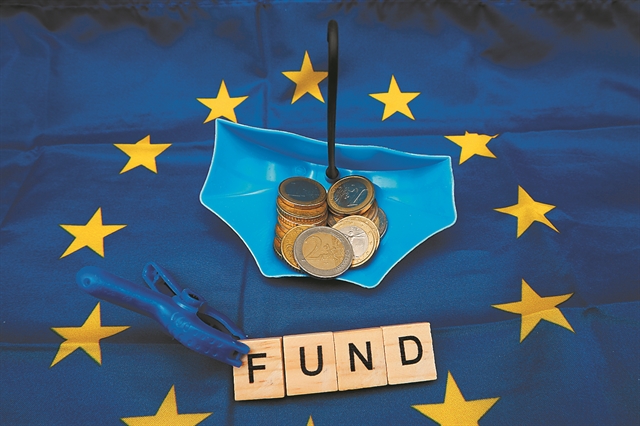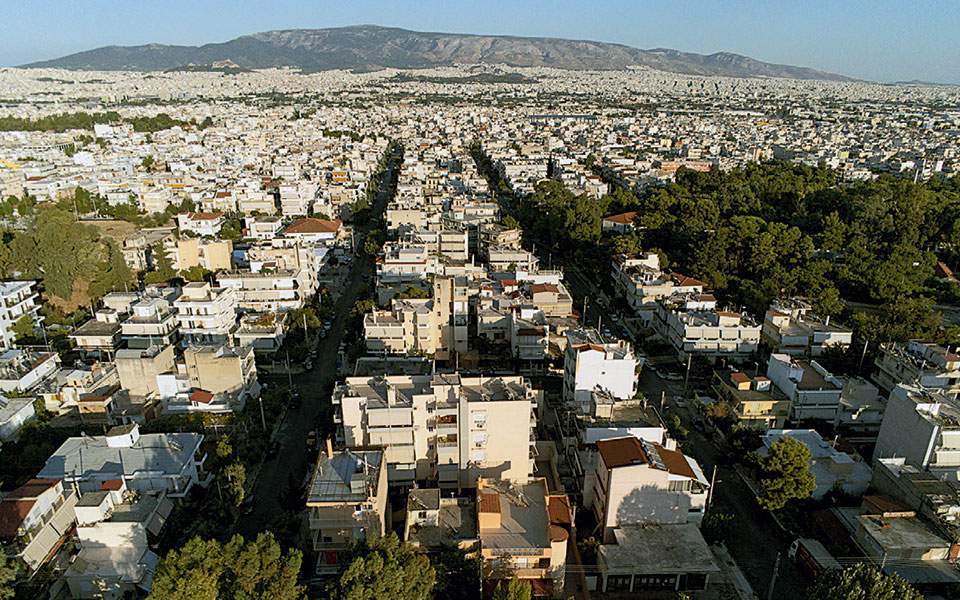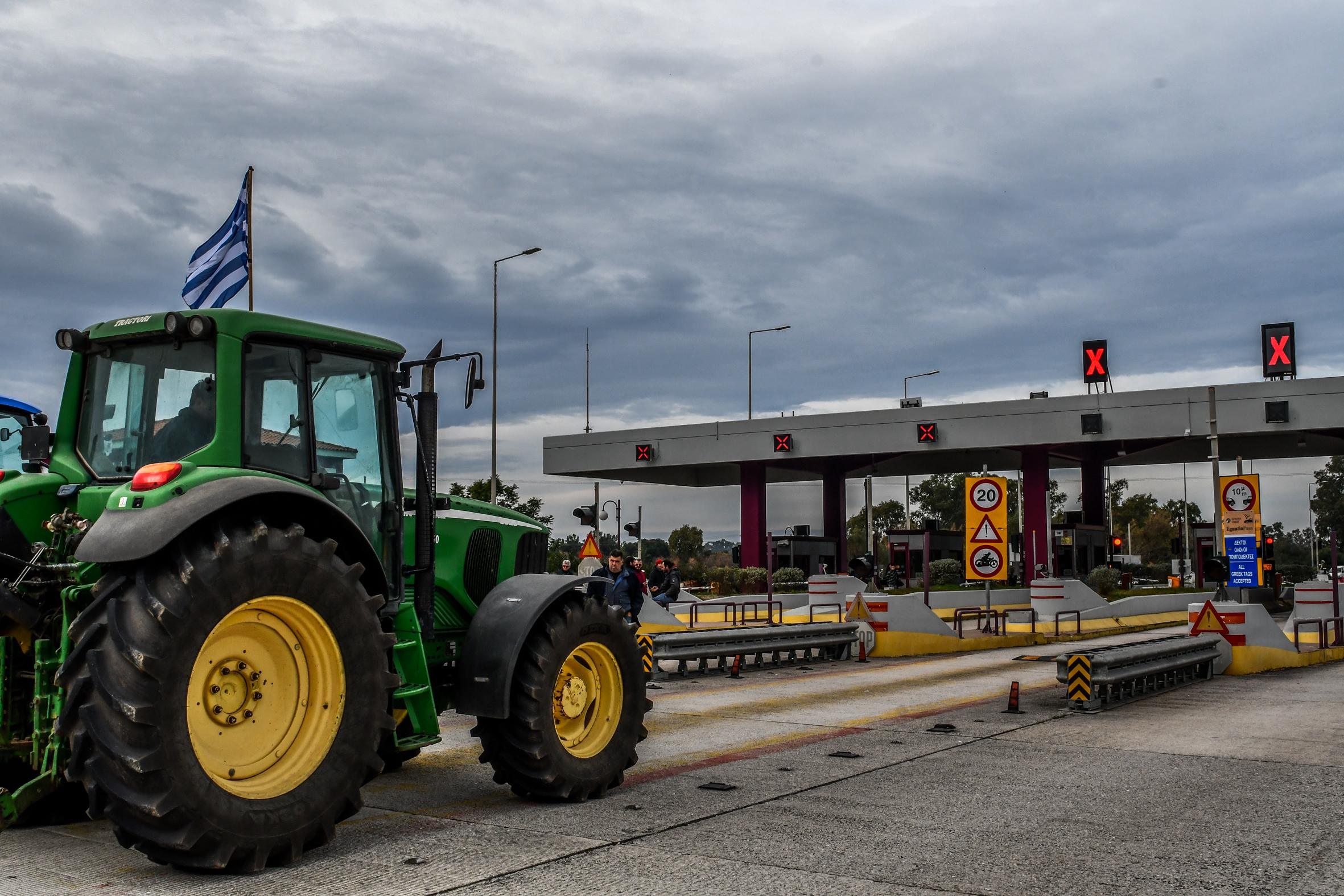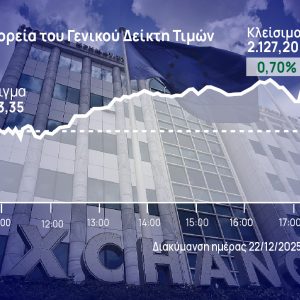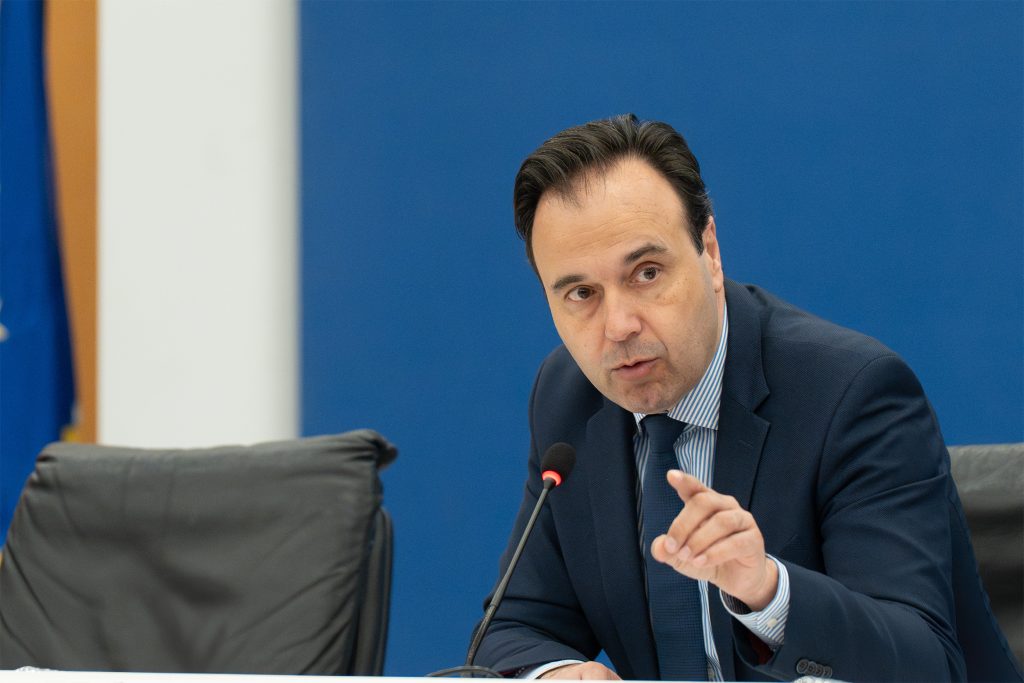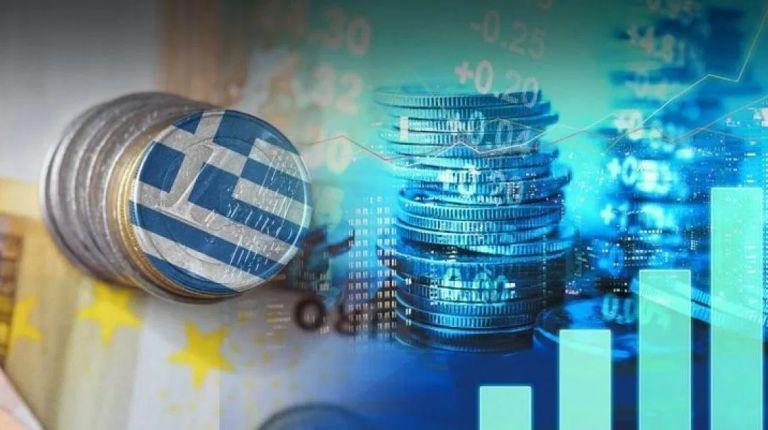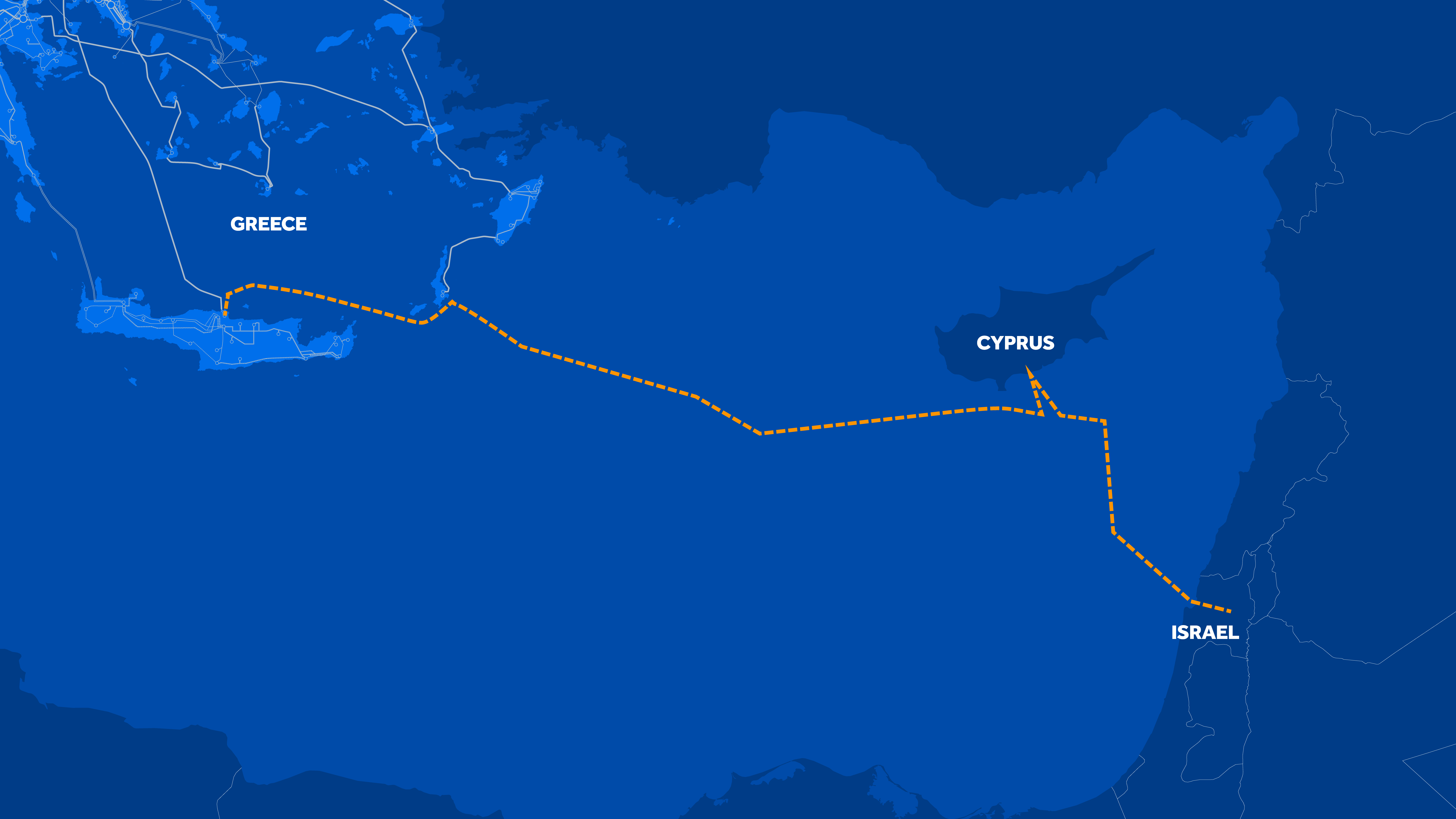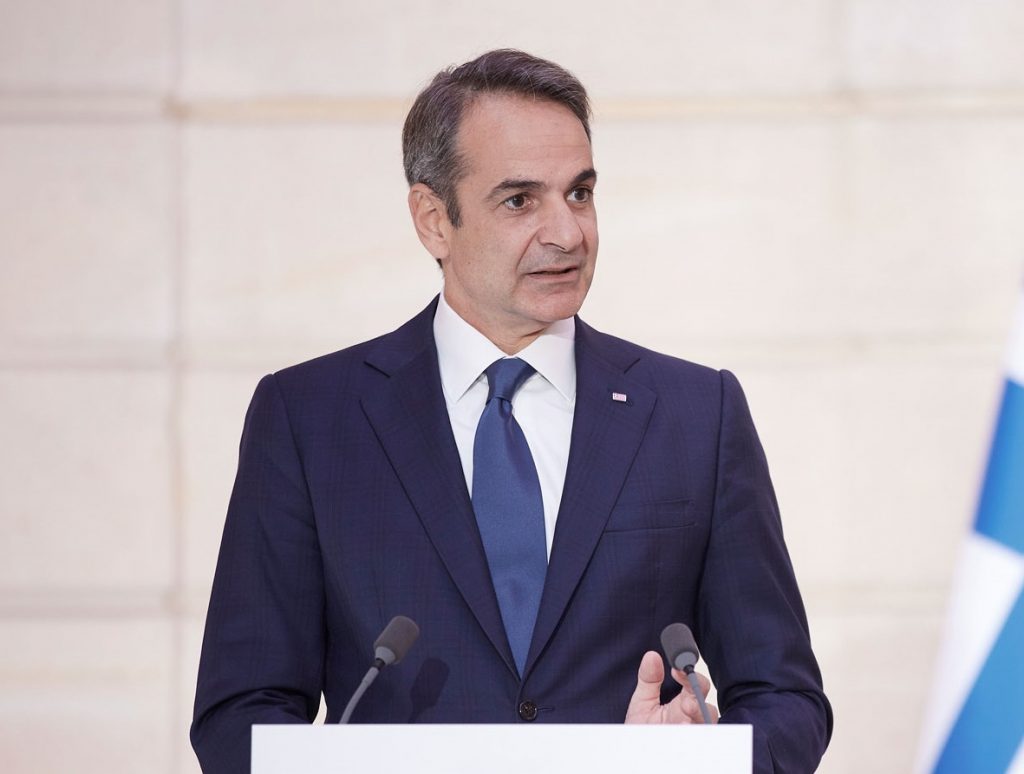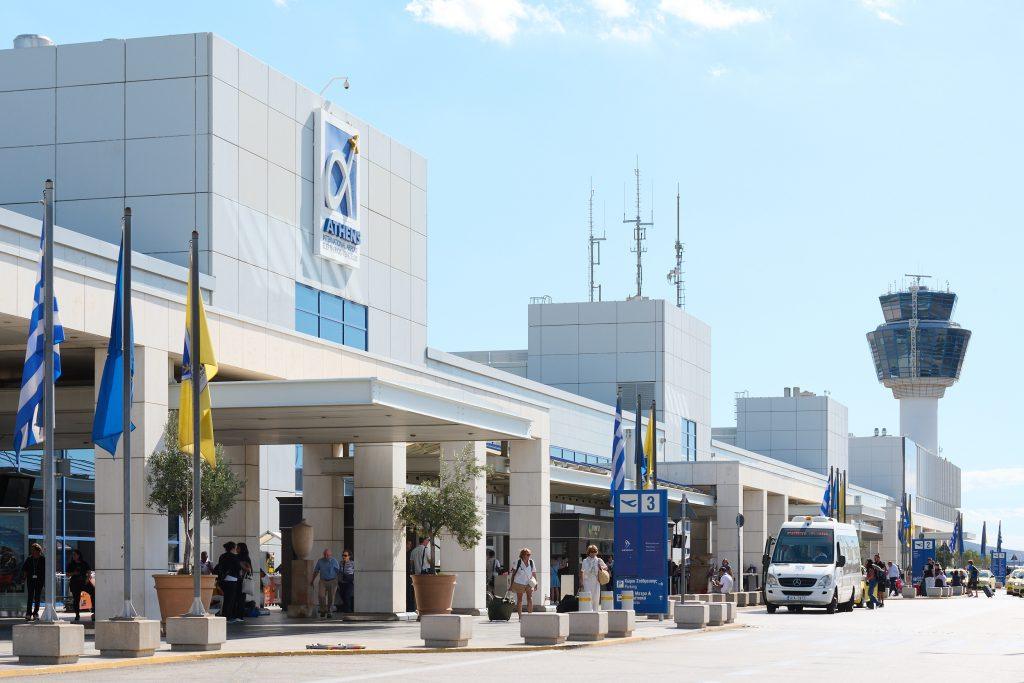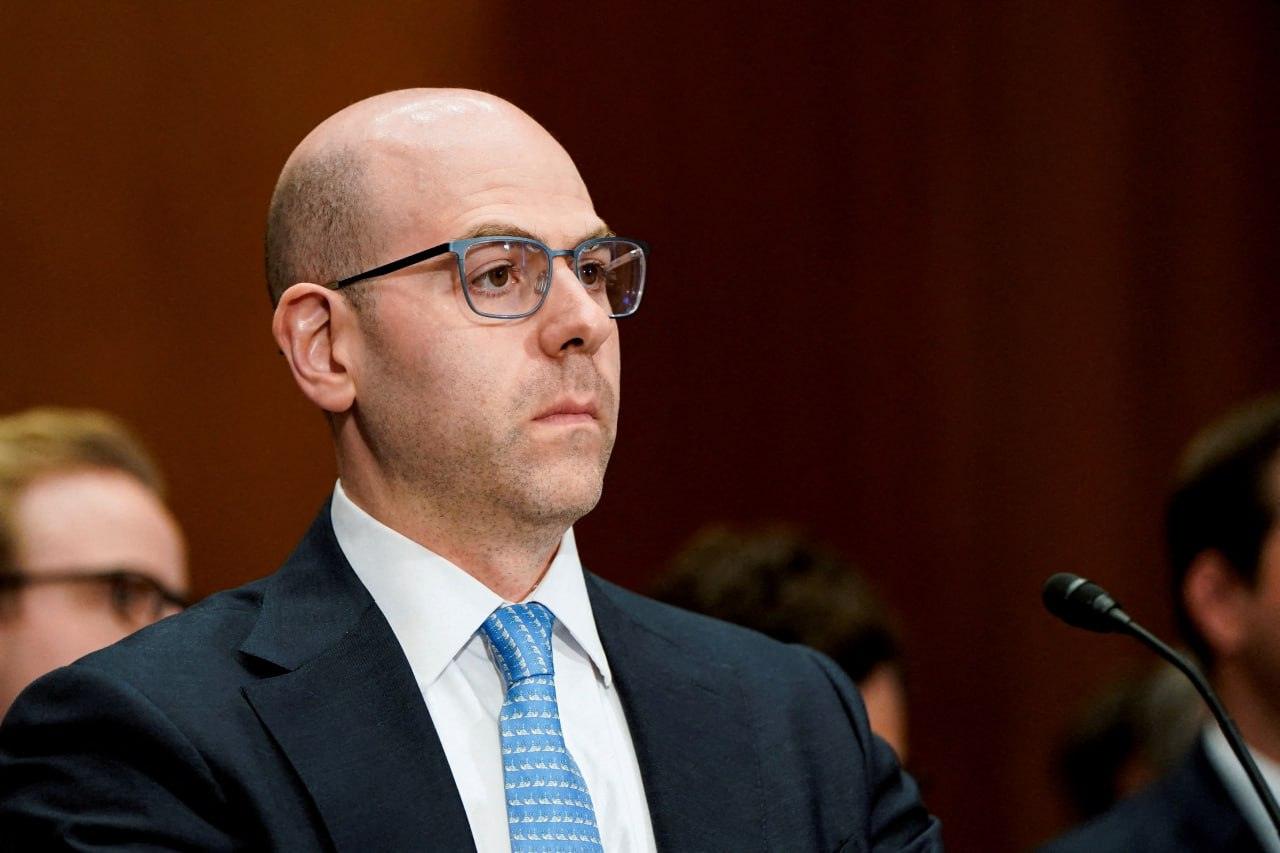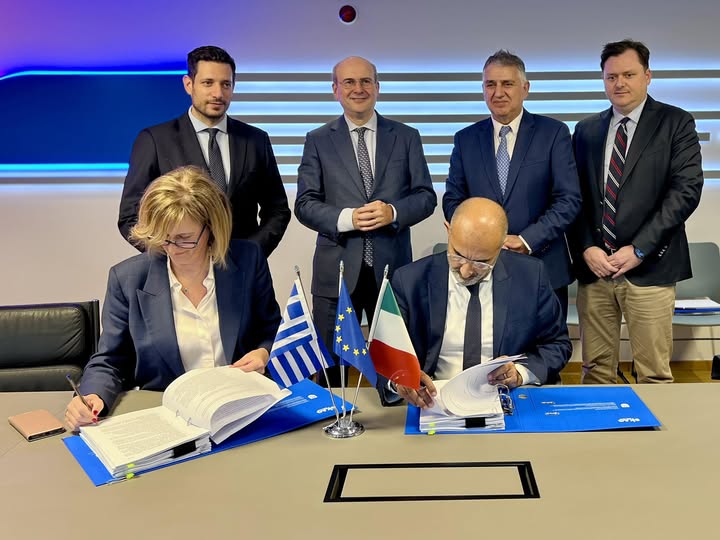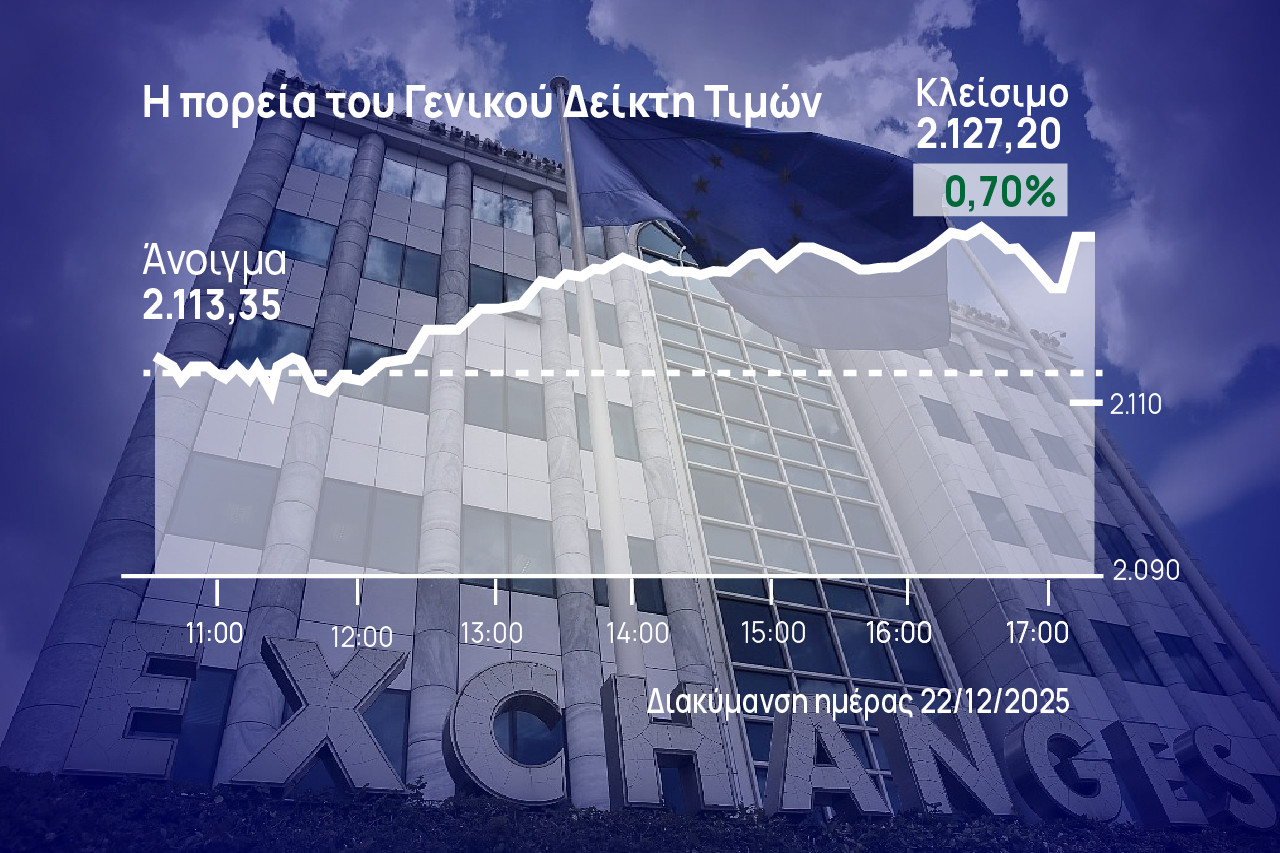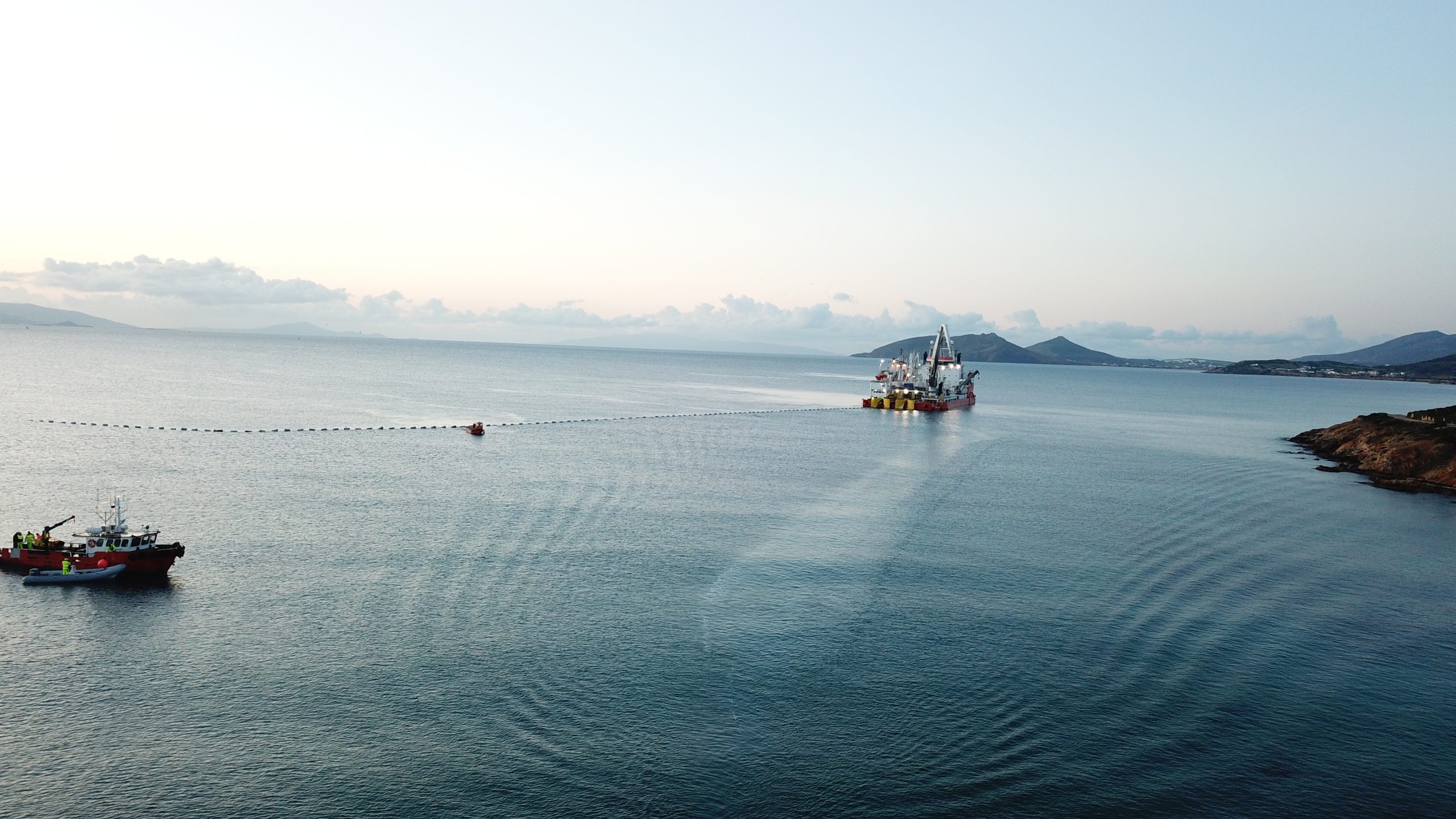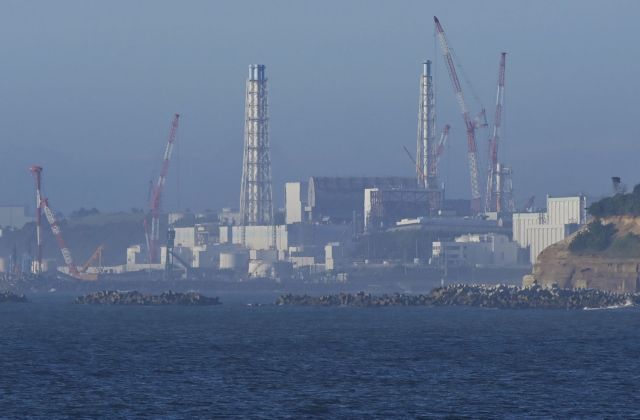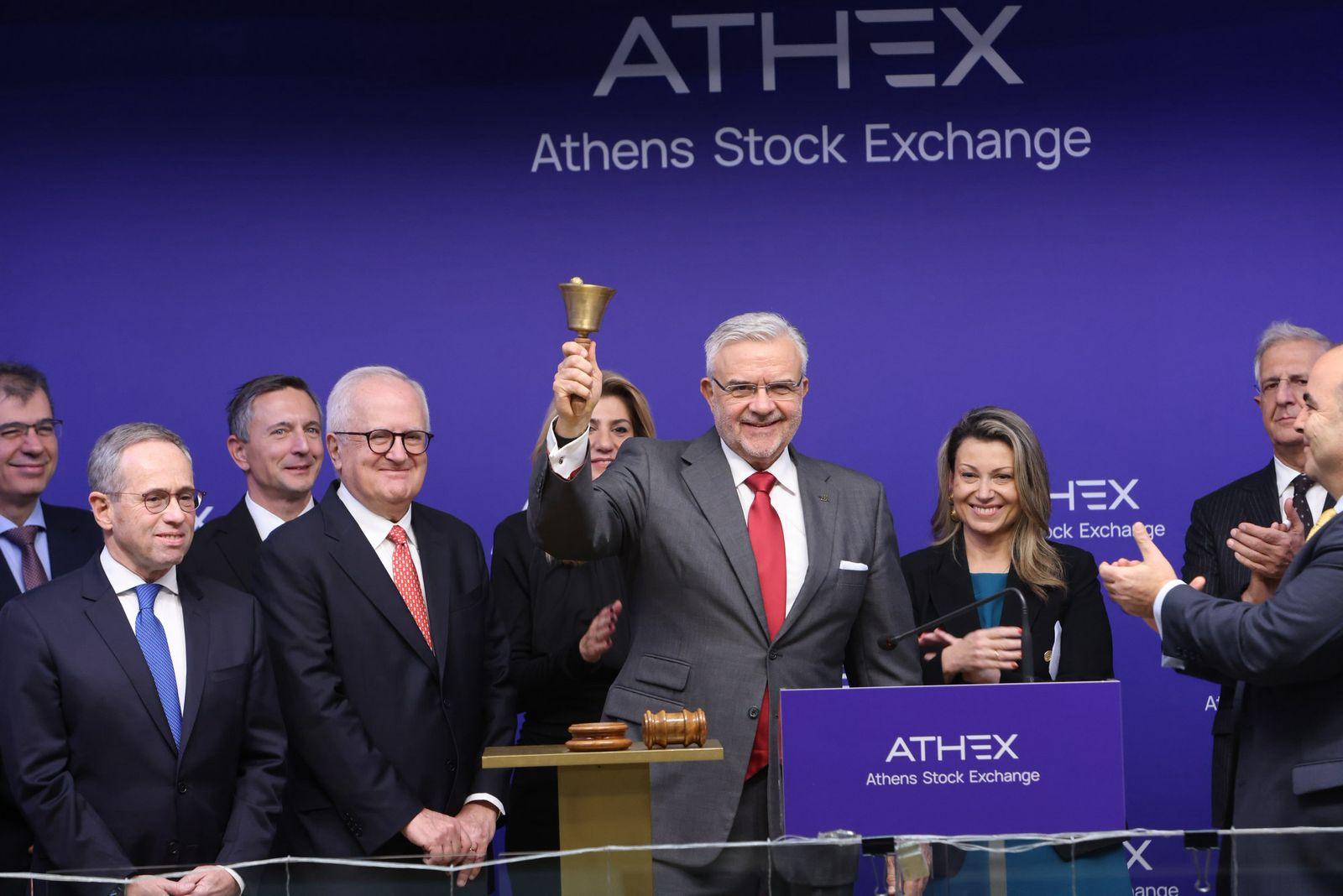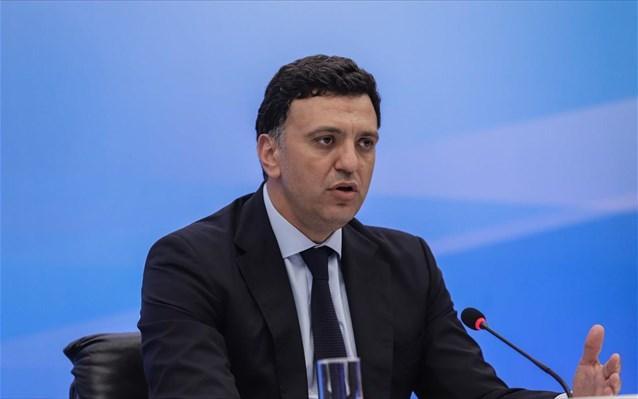The participation of individuals and the readiness of banks to provide financing, will be the main wagers for the absorption of the funds to which Greece is entitled from the Recovery Fund, when it overcomes emerging snags and starts operating.
The procedures have already been delayed, which calls into question the June start of disbursements, as planned, which has caused frustration in countries in Europe’s South. If the impediments from northern European countries succeed, the result will be a delay in the recovery of the European economy, following the severe recessionary shock caused by the pandemic and the widening gap between north and south within the EU. The Eurozone will also remain in global second gear, after the pandemic, behind the US which is always more flexible in making similar decisions and China.
The latest information from Brussels states that the Recovery Fund will be activated by autumn at the latest and then Greek businesses, which will want to participate in the country’s investment recovery, will be under the pressure of time.
Getting funded
The operating framework of the Recovery Fund, which determines the disbursements of funds, provides for specific conditions, which consist of the provision of cheap, almost interest-free financing, bank loans and (necessarily) private participation. The aim is to mobilize as much private capital as possible.
The Greek plan has secured 12.7 billion euros in funding from the Recovery Fund, which will be channeled to the private sector to finance investments in specific sectors, which have been pre-determined and are included in the multi-page Greek plan submitted to the Commission. Priority areas are export business financing, investment in green and digital transitions, research and innovation, and business acquisitions and mergers.
But it also contains financial terms for each investment project which are the following:
- The state participation (resources of the Recovery Fund), in the form of almost interest-free financing (0.2 – 0.3%), will amount to 50% of the investment budget. The amount will be 12.7 billion euros and is the only variable that is specific in terms of its maximum amount.
- The private investor should secure a bank loan for 30% of the investment budget.
- The investor himself is obliged to participate in the investment plan with own funds amounting to at least 20% of the investment budget.
The financing conditions cause concern, due to the “special conditions” that prevail in the Greek economy, which are a “legacy” of the ten-year memoranda. Particularly:
- Banks with the huge burden of red loans, will have to secure the funds to finance 30% of the private investments that will be included in the Recovery Fund. The minimum amount of bank loans that will be required amounts to 7.6 billion euros, but in practice, the amounts of loans required will be higher.
- Interested private investors must have a bank profile, that is not in the “red”, in order to be able to borrow.
- Investors must have private equity available to invest. It is estimated that in order to exhaust the resources of the Recovery Fund, private funds of at least 5.1 billion euros will be required.
Recovery Fund appropriations of up to € 12.7 billion can mobilize investments of a minimum of € 25.5 billion, but it is estimated that their final amount (as investment projects will not be exactly in line with funding) will be around 30 billion euros.
Another important aspect is that potential private investors must prepare from now on for the submission of their enterpreneurial plans and especially their financial plans, so that they are ready to start the process, as the resources are specific and not unlimited.
